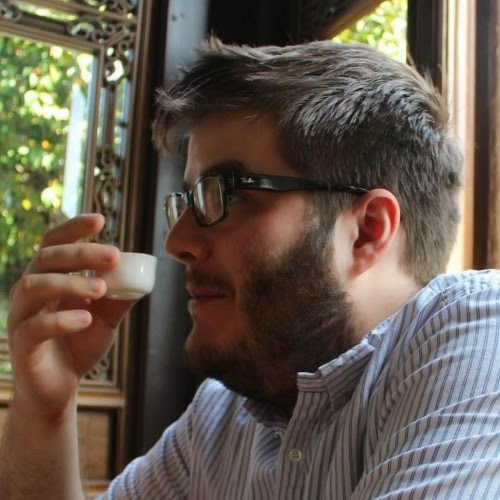Okta’s Core Values: Never Stop Innovating with Brad Morgan
Innovation is what keeps our wheels turning. Our second core value is to “Never stop innovating,” so we can continue to offer products and services that meet our customers’ needs. Brad Morgan, staff software engineer on our security team, embodies this core value by working towards micro innovations in his personal and professional life every day.
What does “Never stop innovating” mean to you, and why is it important?
Never stop innovating means always be building. The timeline in tech is so short compared to other industries that if you don’t innovate, you’ve missed your opportunity. This mindset informs how we work each day because there’s no room to wait around. Actions have to happen, and features need to be built. My favorite part of the job is that you’re always incrementally improving, whether it’s through building a new feature, refining an old one, or fixing a bug—all of that counts as innovating.
Where do you see this core value exemplified at Okta?
Companies can range from a rapidly accelerating startup-mode of feature development to a relatively unchanging corporation-mode. The former isn’t sustainable, whereas the latter will eventually die out. Okta is in the sweet spot in the middle because we still value ideas, which is why we release new features all the time. The way that Okta approaches engineering planning is very progress-oriented. My team is always empowering me to come up with creative solutions to serious problems, which is true across the entire company.
How do you embody this core value in your personal and professional life?
Personally, this core value is my favorite. It goes back to always having a goal, then making progress on it every day. You don’t even necessarily need a plan, just a goal and no wasted days trying to achieve it. In sum, never stop having new ideas and acting on them.
Professionally, there are always problems to solve and work to do. The way you approach that work with an engineering mindset is to fix the problems, not the symptoms. By default, having this mindset means that you have to invent new solutions. This is also true in my personal life. It’s never anything extreme like “don’t eat the same food twice” because you’re always going to have a favorite meal, but eventually you’re going to innovate and try a new recipe.
Can you provide an example of a time where you used this core value for a specific project?
I’m finding new solutions to fix old problems every day, and that requires coming up with ideas—innovating.
Is it ever challenging to use this core value in your day to day—how do you overcome that challenge?
It’s hard in both my personal and professional life because it’s easy to be comfortable and not do anything, but that’s not sustainable. For example, anyone can have ideas, but ideas are cheap in an industry where you actually have to build something to sell it. Ideas demand execution in the form of micro innovations. People often romanticize ideas into grand visions, but that’s not how it works. In reality, you start with an idea that’s good enough, then work daily to grind it out. You invent the solution to your own question through micro innovations every day.
Do you have any mentors or colleagues that have inspired you to use this core value?
I’ve followed Paul Querna from startup to startup during my entire professional career. Paul had this mantra at a previous startup to just “fix the code.” It’s almost akin to if you have a hammer, everything looks like a nail, but I’m glad that my first instinct is to fix problems using code. If you’re at a large and complex organization, it’s easy to get carried away with processes, but when you’re down in the trenches, you just have to fix the code.
What advice do you have for how others can channel this core value?
Ideas aren’t inherently valuable and they don’t require grandiose plans. Real innovation happens when you actually put in the work to implement an idea, which is true at every layer of a company. There’s opportunity for improvement and optimization everywhere. In fact, the hardest part of the job is that you’re never done. You can incrementally build and improve, but there’s always more to do. Although the work never ends, it feels good to finish even a small part of it. You can still have individual wins with micro innovations.
If Okta had a sixth core value, what would it be?
No zero days. Everyone at Okta is passionate about what we do, and we work hard to get it done.
Excited by Brad’s engineering philosophy? Join him and his team to never stop innovating on new ideas. To learn more about #lifeatOkta, check out our vision and core values, or hear from our talented engineers:



